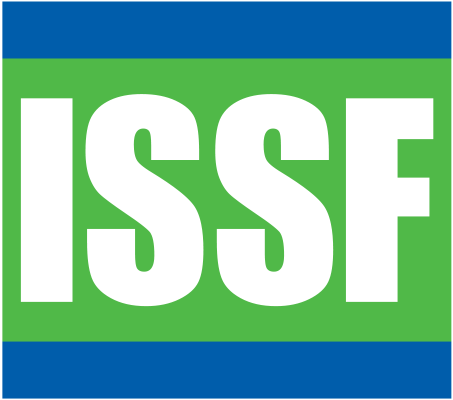Document: Summary – An Evaluation Of The Sustainability Of Global Tuna Stocks Relative To Marine Stewardship Council Criteria
The Marine Stewardship Council (MSC) has established a program whereby a fishery may be certified as being sustainable. The sustainability of a fishery includes MSC criteria which are embodied in the following three Principles: relating to the status of the stock, the ecosystem of which the stock is a member and the fishery management system. Since many of the MSC issues are comparable for global tuna stocks, the MSC scoring system was used to evaluate nineteen stocks of tropical tunas throughout the world and to evaluate the management systems of the Regional Fishery Management Organizations (RFMOs) associated with these stocks. Since the goal was to assess the commonality of the tuna stock, no evaluation was made for the fishery specific ecosystem criteria. The principles that were assessed were:
Principle 1 (P1): A fishery must be conducted in a manner that does not lead to over-fishing or depletion of the exploited populations and, for those populations that are depleted, the fishery must be conducted in a manner that demonstrably leads to their recovery, and
Principle 3 (P3): The fishery is subject to an effective management system that respects local, national and international laws and standards and incorporates institutional and operational frameworks that require use of the resource to be responsible and sustainable.
Each of these Principles is evaluated in relationship to Performance Indicators (PIs) within each Principle. Additionally, the MSC has established rigorous Guidelines for scoring fisheries (MSC Fishery Standard Principles and Criteria for Sustainable Fishing, Version 1.1 – 1st May 2010; http://www.msc.org/).
Table 1 summarizes the findings of this evaluation.
Of the 19 stocks of tropical and temperate tunas, 5 achieved a passing score for Principle 1. Note that failure was not usually due to the poor status of the stock, but rather the failure of there not being target and limit reference points and well-defined harvest control rules in place. None of the 19 stocks met these MSC requirements.
Additionally, the RFMOs also had similar weaknesses but these varied between RFMO (Table 1).
While a future client tuna fishery will be evaluated on the merits related to all three MSC Principles, the scoring clearly outlines a template for actions to improve the management of the 19 tuna stocks through the RFMOs.
Downloads: 363 | Views: 0
